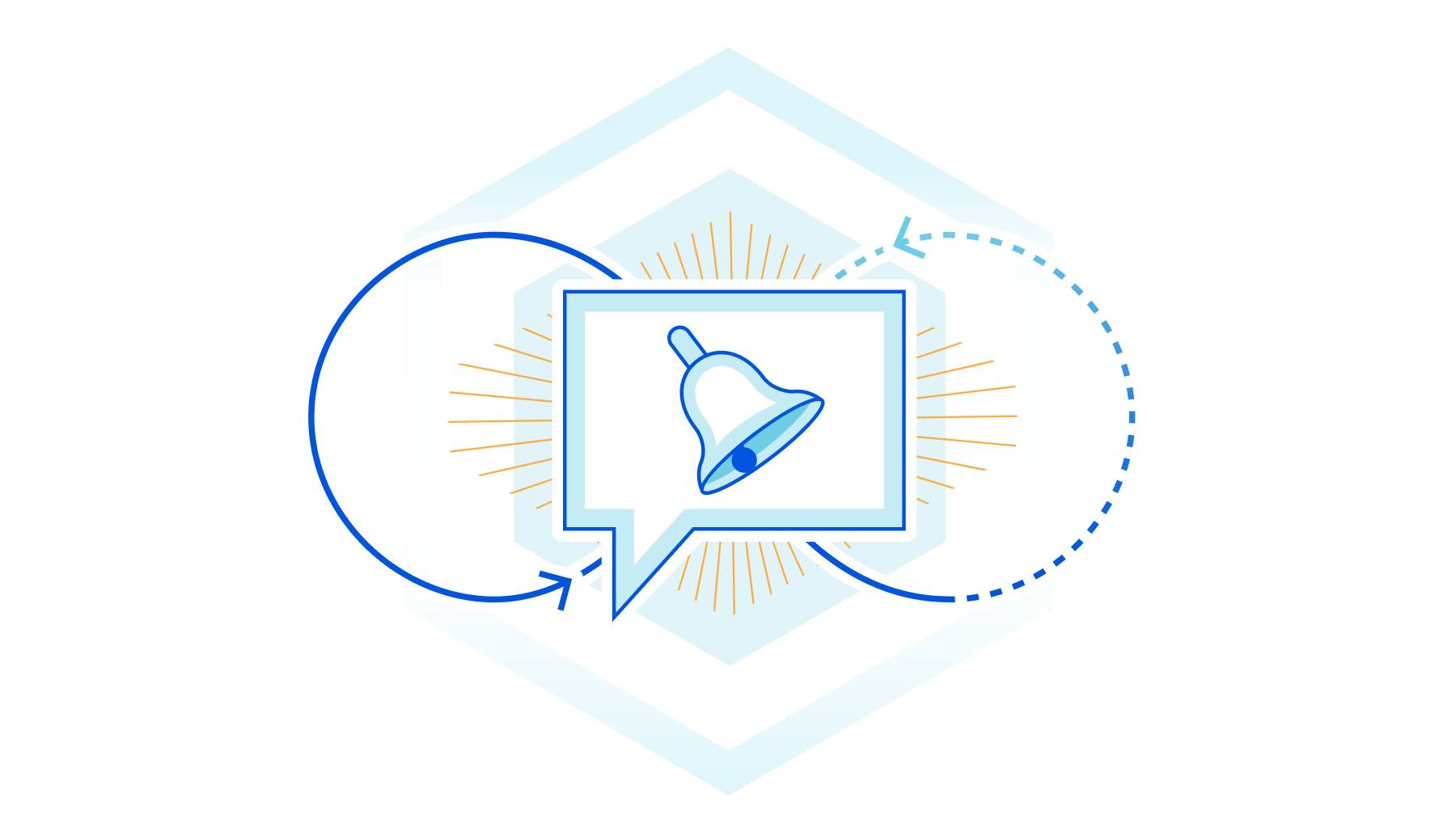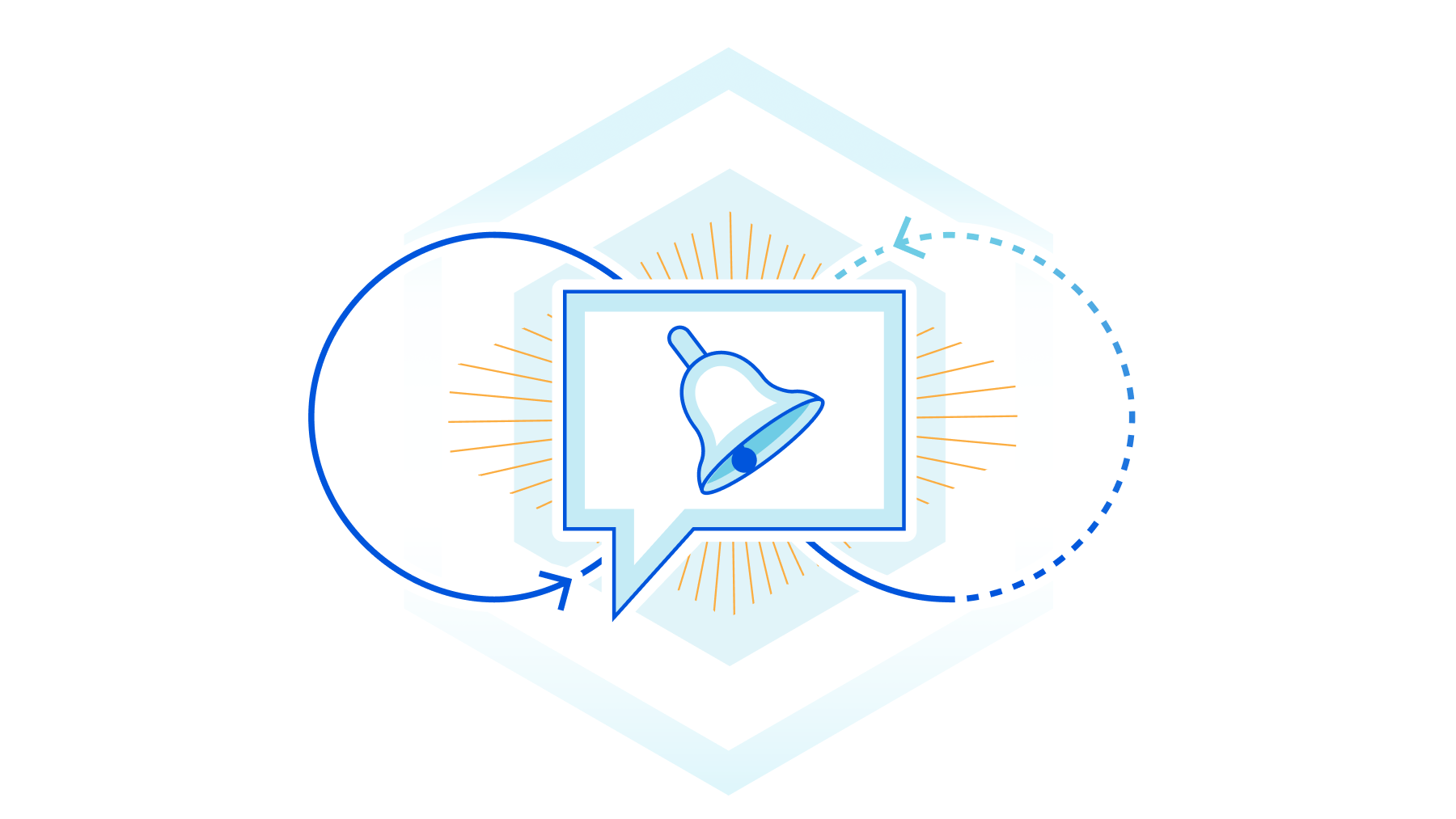Author Archives: Matt Boyle
Author Archives: Matt Boyle


Cloudflare has been using Kafka in production since 2014. We have come a long way since then, and currently run 14 distinct Kafka clusters, across multiple data centers, with roughly 330 nodes. Between them, over a trillion messages have been processed over the last eight years.
Cloudflare uses Kafka to decouple microservices and communicate the creation, change or deletion of various resources via a common data format in a fault-tolerant manner. This decoupling is one of many factors that enables Cloudflare engineering teams to work on multiple features and products concurrently.
We learnt a lot about Kafka on the way to one trillion messages, and built some interesting internal tools to ease adoption that will be explored in this blog post. The focus in this blog post is on inter-application communication use cases alone and not logging (we have other Kafka clusters that power the dashboards where customers view statistics that handle more than one trillion messages each day). I am an engineer on the Application Services team and our team has a charter to provide tools/services to product teams, so they can focus on their core competency which is delivering value to our customers.
In this blog I’d Continue reading


Our Notification Center offers first class support for a variety of popular services (a list of which are available here). However, even with such extensive support, you may use a tool that isn’t on that list. In that case, it is possible to leverage Cloudflare Workers in combination with a generic webhook to deliver notifications to any service that accepts webhooks.
Today, we are excited to announce that we are open sourcing a Cloudflare Worker that will make it as easy as possible for you to transform our generic webhook response into any format you require. Here’s how to do it.
For this example, we are going to write a Cloudflare Worker that takes a generic webhook response, transforms it into the correct format and delivers it to Rocket Chat, a popular customer service messaging platform. When Cloudflare sends you a generic webhook, it will have the following schema, where “text” and “data” will vary depending on the alert that has fired:
{
"name": "Your custom webhook",
"text": "The alert text",
"data": {
"some": "further",
"info": [
"about",
"your",
"alert",
"in"
],
"json": "format"
},
"ts": 123456789
}Whereas Rocket Chat is looking for this format:
{
"text": "Example Continue reading

In July 2021, as part of Impact Innovation Week, we announced our intention to launch Crawler Hints as a means to reduce the environmental impact of web searches. We spent the weeks following the announcement hard at work, and in October 2021, we announced General Availability for the first iteration of the product. This post explains how we built it, some of the interesting engineering problems we had to solve, and shares some metrics on how it's going so far.
Search indexers crawl sites periodically to check for new content. Algorithms vary by search provider, but are often based on either a regular interval or cadence of past updates, and these crawls are often not aligned with real world content changes. This naive crawling approach may harm customer page rank and also works to the detriment of search engines with respect to their operational costs and environmental impact. To make the Internet greener and more energy efficient, the goal of Crawler Hints is to help search indexers make more informed decisions on when content has changed, saving valuable compute cycles/bandwidth and having a net positive environmental impact.
Cloudflare is in an advantageous position to help inform Continue reading